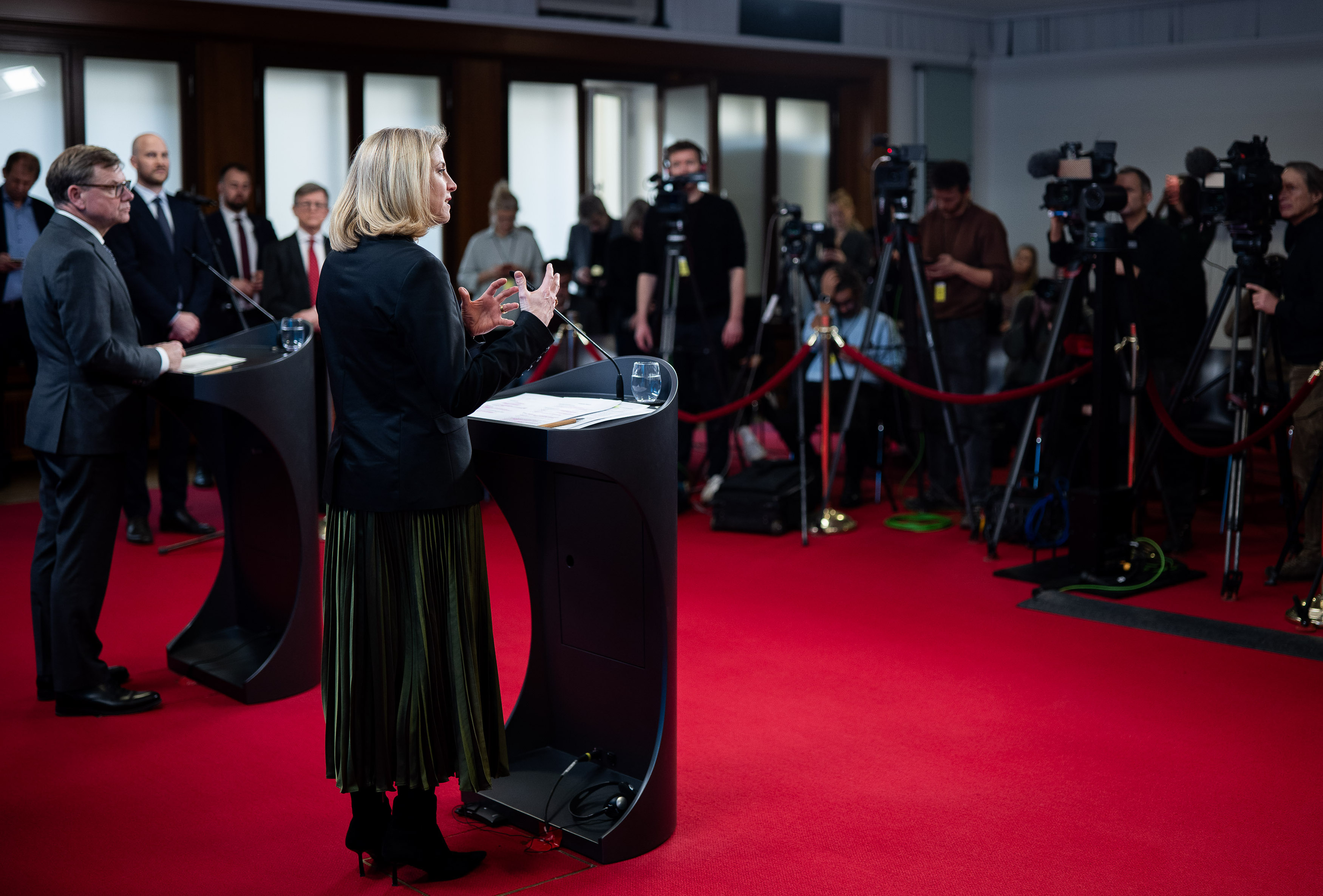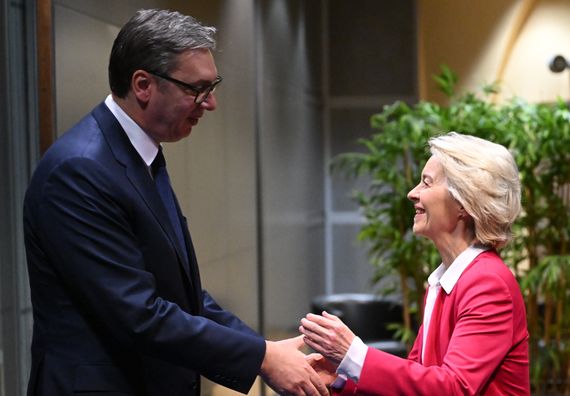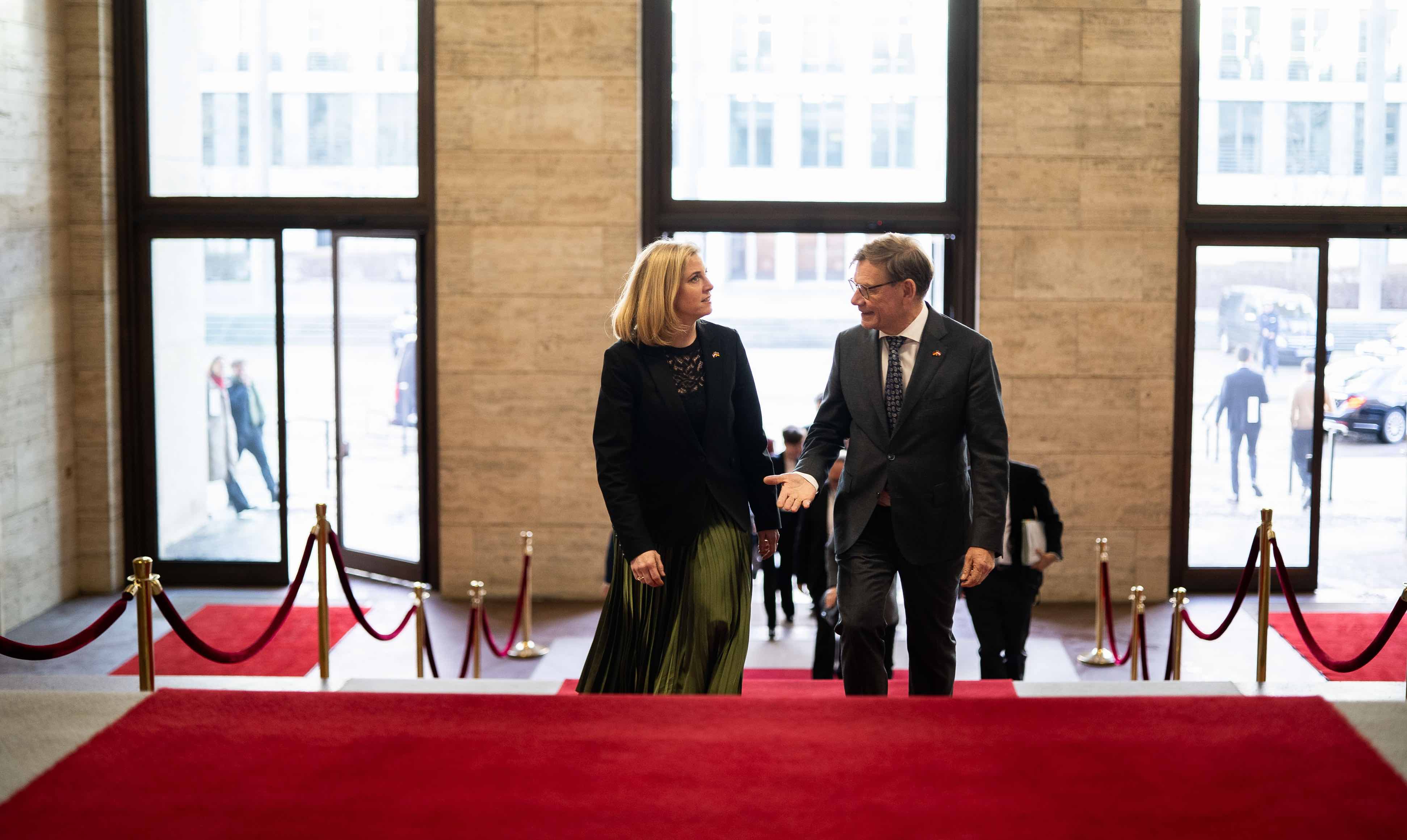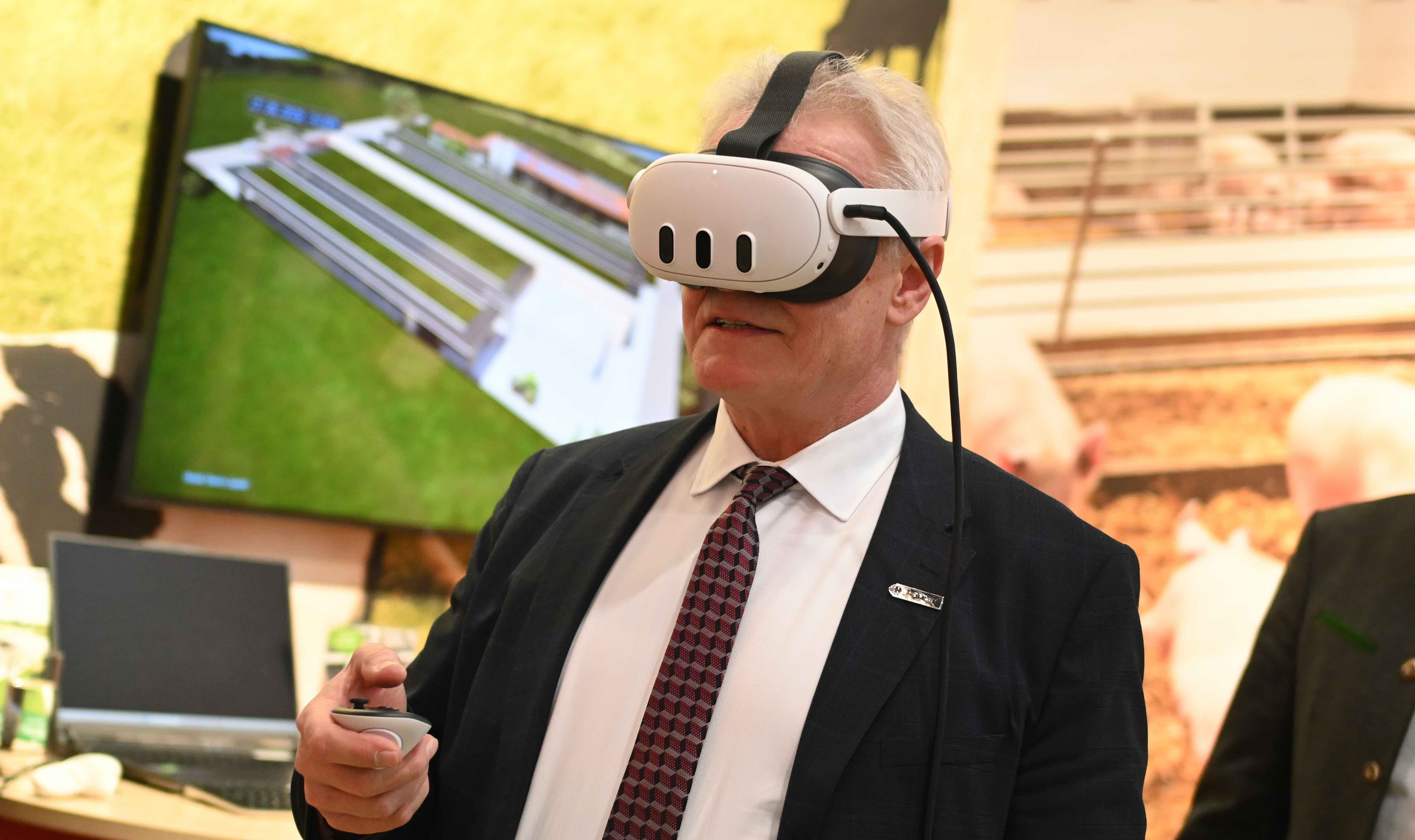diplo.news
Wadephul: A Russian-Chinese bloc is increasingly forming
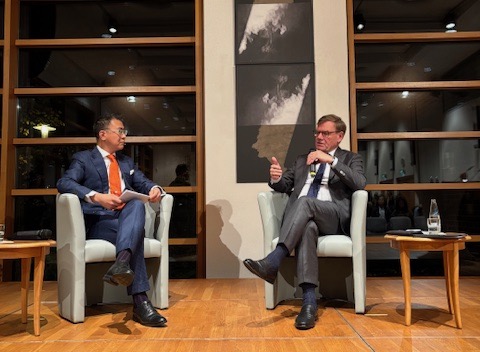
According to Federal Foreign Minister Johann Wadephul, China is increasingly evolving from a partner and competitor into a systemic rival. It pretends to be in favour of multilateralism, but in fact acts contrary to it by tolerating North Korea's circumvention of sanctions, ignoring maritime law in the South China Sea and supporting Russian aggression against Ukraine, also in order to justify its own hegemonic ambitions. “We must recognize that China is not taking advantage of its great opportunities to stop the Ukraine war,” said the CDU politician at an event organized by the Japanese-German Center in Berlin on Tuesday evening (JDZB). He said he wanted to address these issues openly during his upcoming first visit to China. The trip is reportedly planned for the end of October.
China and Russia are trying to rewrite the international order based on international law, Wadephul emphasised. Russia is testing the West's resolve in NATO and is directly threatening it by violating its airspace, spying on infrastructure and trying to poison democratic discourse through propaganda.
Nonetheless, the Foreign Minister emphasized his willingness to improve cooperation with China. “We were not looking for systemic rivalry; but unfortunately China has.” However, China is expected to comply with the UN Charter, which it has finally co-formulated and institutionalized itself. Germany attaches great importance to equal access to the Chinese market, and vice versa. Neither Japan nor Germany could allow themselves to decouple, because of their close economic ties with the Middle Kingdom. And that is also not Germany's intention. You could work well with Beijing in some areas and therefore call it a partner, while in others it is a competitor.
Security in Europe and security in the Indo-Pacific are closely linked, explained Germany's chief diplomat. A bloc of Russia and China is increasingly forming on the western and eastern flanks of Japan and Germany. The enormous growth of China's presence in the waters around Japan and its robust military presence in the Taiwan Strait not only pose a threat to security in the Indo-Pacific, but also undermine the international rules-based order. Russia's war of aggression in Ukraine affects not only the European security order but also the Indo-Pacific security architecture. After all, it is North Korean weapons and troops, as well as China's crucial support, that are keeping Russia's war machine running. Japan and Germany must continue to stand together against the Russian-Chinese bloc.
Japan has already contributed twelve billion euros to support Ukraine, and the German Navy and the Air Force are active in the Indo-Pacific. And by supporting Ukraine, Germany is also helping to ensure that no violence occurs in the Taiwan Strait and that the status quo is maintained. China considers Taiwan a renegade island and part of mainland China. Beijing is threatening military action in the event of a formal declaration of independence.
Wadephul highlighted the similar views, values, goals and opportunities for cooperation with Japan, which he visited in August as the first Asian country during his term of office. “And that was definitely intended as a political message.” Both advocated democracy, rules-based order, territorial integrity, open markets and fair conditions of competition. Japan is Germany's second-largest trading partner in Asia and the Pacific and an inspiration for innovation. The two countries want to work even more closely together, particularly in strategic areas such as semiconductor supply and secure telecommunications. His family also feels a strong connection to Japan, with his three daughters maintaining long-standing friendships in Japan since participating in a student exchange programme.
Next spring, the joint government consultations that began in 2023 will take place again, which were postponed due to the new formation of the government. The Japanese-German Center Berlin is celebrating its 40th anniversary this year. It was founded in 1985 as a non-profit foundation on the initiative of Prime Ministers Yasuhiro Nakasone and Helmut Kohl. gd

